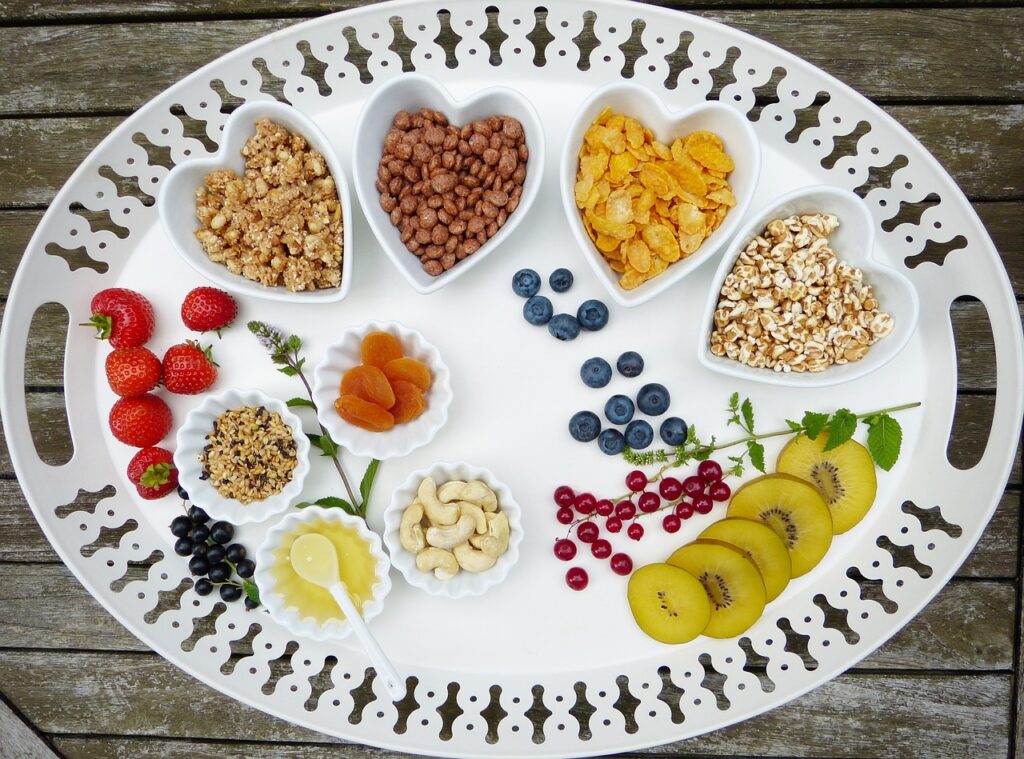In today’s fast-paced world, many individuals suffer from chronic inflammation due to various factors such as stress, poor diet, lack of sleep, sedentary lifestyle and environmental toxins. Fortunately, adopting an anti-inflammatory diet can help combat inflammation and promote overall health and well-being. In this blog post, we will delve into the concept of an anti-inflammatory diet, exploring its benefits, food recommendations, and tips for incorporating it into your daily routine.
What is an Anti-Inflammatory Diet?
An anti-inflammatory diet focuses on consuming foods that help reduce inflammation in the body. Chronic inflammation has been linked to numerous health issues such as heart disease, diabetes, obesity and autoimmune disorders. By incorporating anti-inflammatory foods into your diet and opting detoxification time to time, you can potentially lower your risk of developing these serious conditions.
Reasons for the Inflammation:
Poor Diet: High Sugar foods, processed foods, Refined ingredients in food, Unhealthy fats, Artificial Colors and various additives fuel inflammation.
Stress: Excessive Stress results in increased levels of Cortisol, a stress hormone leads to inflammation in the body.
Lack of sleep: Sleep deprivation decreases the immunity of the body, plus it disturbs the hormonal balance in the body. Lack of sleep also effect the overall gut health, results in inflammation.
Sedentary Lifestyle: Movement is necessary part of a healthy lifestyle, but due to sitting jobs, laziness and easy to avail options in market, mostly people are living sedentary life, results in accumulation of toxins and inflammation.
Environmental toxins: Air Pollution, Soil quality degradation due to pesticides and fertilizers, Water contamination, and Toxic metals, increases the oxidative stress and inflammation in the body.
Benefits of an Anti-Inflammatory Diet:
- Reduces inflammation in the body
- Removes Toxins from the body
- Supports overall heart health
- Improves digestion and gut health
- Detoxifies body by removing toxins
- Helps in weight management
- Boosts immune system function
- Brings glow on Skin and improves hair health
- Manages Water Retention
- Helps in maintaining pH of the body (our body should be alkaline)
Foods to Include in an Anti-Inflammatory Diet:
Fatty Fish: Rich in omega-3 fatty acids, fish such as salmon, mackerel, and sardines have powerful anti-inflammatory properties.
Leafy Greens: Vegetables like spinach, kale, and collard greens are packed with antioxidants that help combat inflammation.
Berries: Blueberries, strawberries, and raspberries are high in antioxidants and can help reduce inflammation in the body.
Nuts and Seeds: Almonds, walnuts, chia seeds, and flaxseeds are excellent sources of healthy fats and anti-inflammatory compounds.
Turmeric: Known for its anti-inflammatory properties, turmeric can be added to dishes or consumed as a supplement.
Other Herbs and Spices: Ginger, Garlic, Cinnamon, Cardamom, Bay leaf, Black Pepper, Cumin, Cloves, Star Anise are having superb anti-inflammatory properties.
Peels of Vegetables and Fruits: Various peels of Vegetables and fruits like carrot, beet, cucumber, oranges, sweet lime, apple having antioxidants and helps in reducing inflammation
Tips for Incorporating an Anti-Inflammatory Diet:
Meal Prep: Plan your meals ahead of time to ensure you have nutritious, anti-inflammatory options available.
Grocery Purchase: Bring things at home which are nutrient dense and not calorie dense or processed.
Stay Hydrated: Drink plenty of water throughout the day to support your body’s natural detoxification processes.
Limit Processed Foods: Avoid foods high in sugar, unhealthy fats, and artificial additives which can contribute to inflammation.
Intake fresh food: Stale food may be a hub of harmful bacteria’s and fungi, it can also be the reason for detoriation in gut health and results in accumulation of decomposed food and toxins in the body. Try to have freshly prepared, hot cooked meals to reduce inflammation.
Organic, Seasonal and Local: Eat Organic, Seasonal and Local items, they are supposed to content less amount of chemicals.
Have Healthy Fats: Take healthy Fats avoid Margarine, Dalda, Hydrogenated Vegetable Fats, Palm Oil they are inflammatory in nature. Reduce usage of Oils which are rich in Omega 6 fatty acid (generate inflammation) and include Omega 3 fatty acid oils too. Omega 3 helps in reducing inflammation, and balancing Omega 6 to Omega 3 ratio is crucial.
Include Spices and Herbs: Include various spices and herbs regularly while preparing food they help in reducing inflammation.
“Let food be thy medicine and medicine be thy food.” – Hippocrates
The anti-inflammatory diet is not just a trend; it is a lifestyle choice that can have a profound impact on your health and well-being. By incorporating nutrient-dense, anti-inflammatory foods into your daily meals, you can support your body’s natural healing processes and reduce the risk of chronic inflammation-related conditions. Take charge of your health today by adopting an anti-inflammatory diet and reap the benefits of a healthier, inflammation-free life.
Lots of Love,
Sculpting Lifestyle



